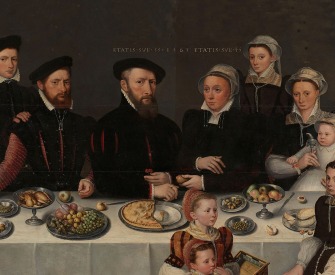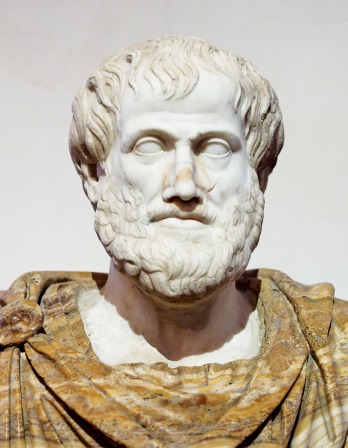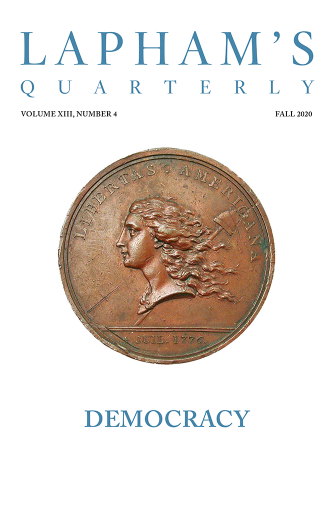’Tis the common fortune of most scholars to be servile and poor, to complain pitifully, to lay open their wants to their respectless patrons, and, which is too common in those dedicatory epistles, for hope of gain to lie, flatter, and with hyperbolical eulogiums and commendations to magnify and extol an illiterate unworthy idiot for his excellent virtues, whom they should rather vilify and rail at downright for his most notorious villainies and vices. So they prostitute themselves as fiddlers or mercenary tradesmen to serve great men’s turns for a small reward. They are like Indians: they have store of gold, but know not the worth of it. Great men have their best education, good institution, sole qualification from us, and when they have done well, their honour and immortality from us: we are the living tombs, registers, and so many trumpeters of their fames. What was Achilles without Homer? Alexander without Arrian and Curtius? Who had known the Caesars but for Suetonius and Dion? They are more beholden to scholars, than scholars to them; but scholars undervalue themselves, and so by those great men are kept down.
From The Anatomy of Melancholy. Writing nearly a hundred years after Burton’s death, Bishop Kennett said of the author, an Anglican clergyman subject to fits of depression, “I have heard that nothing could make him laugh, but going down to the bridge-foot in Oxford and hearing the bargemen scold, and storm, and swear at one another, at which he would set his hands to his sides, and laugh most profusely.”
Back to Issue




